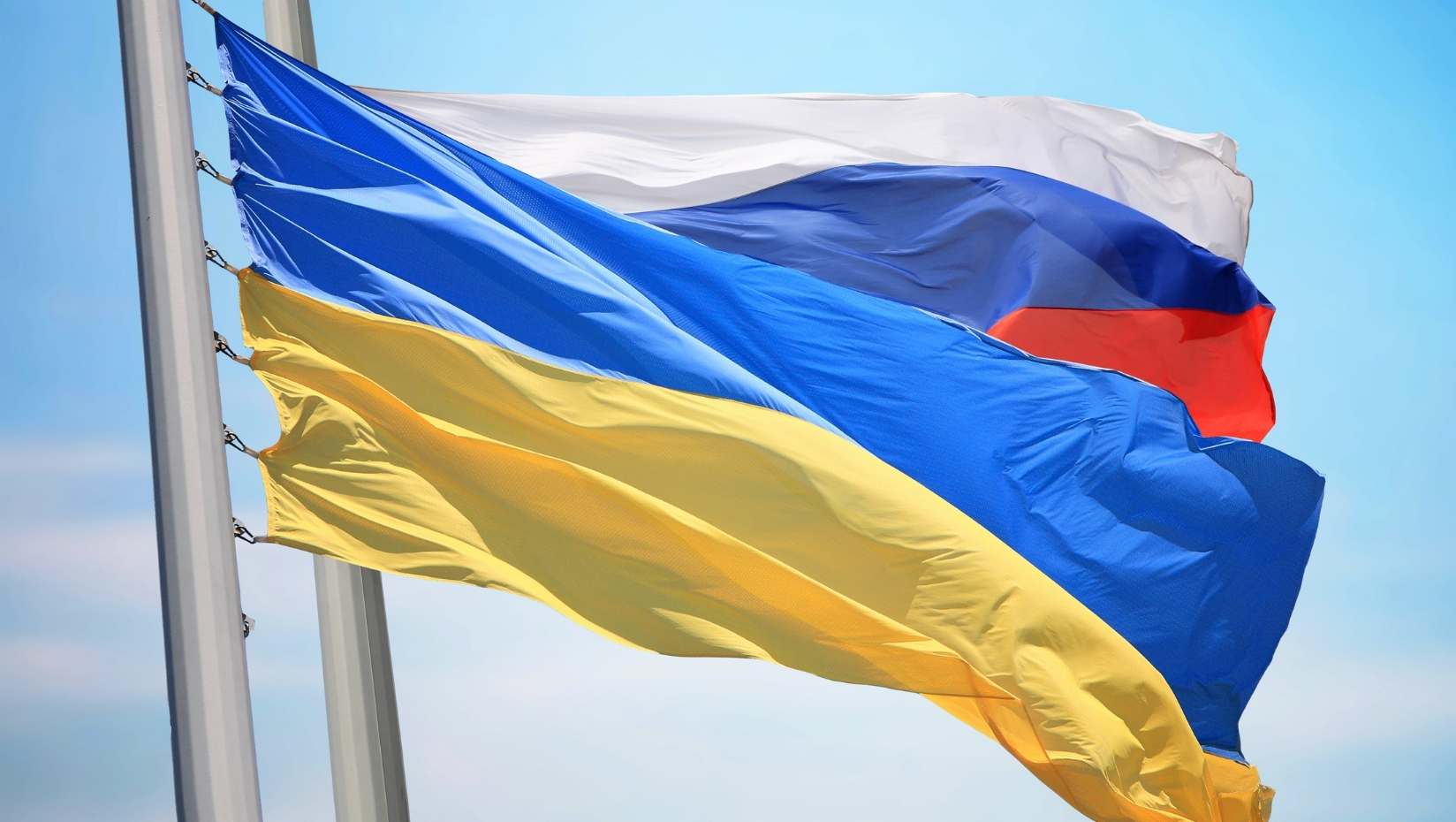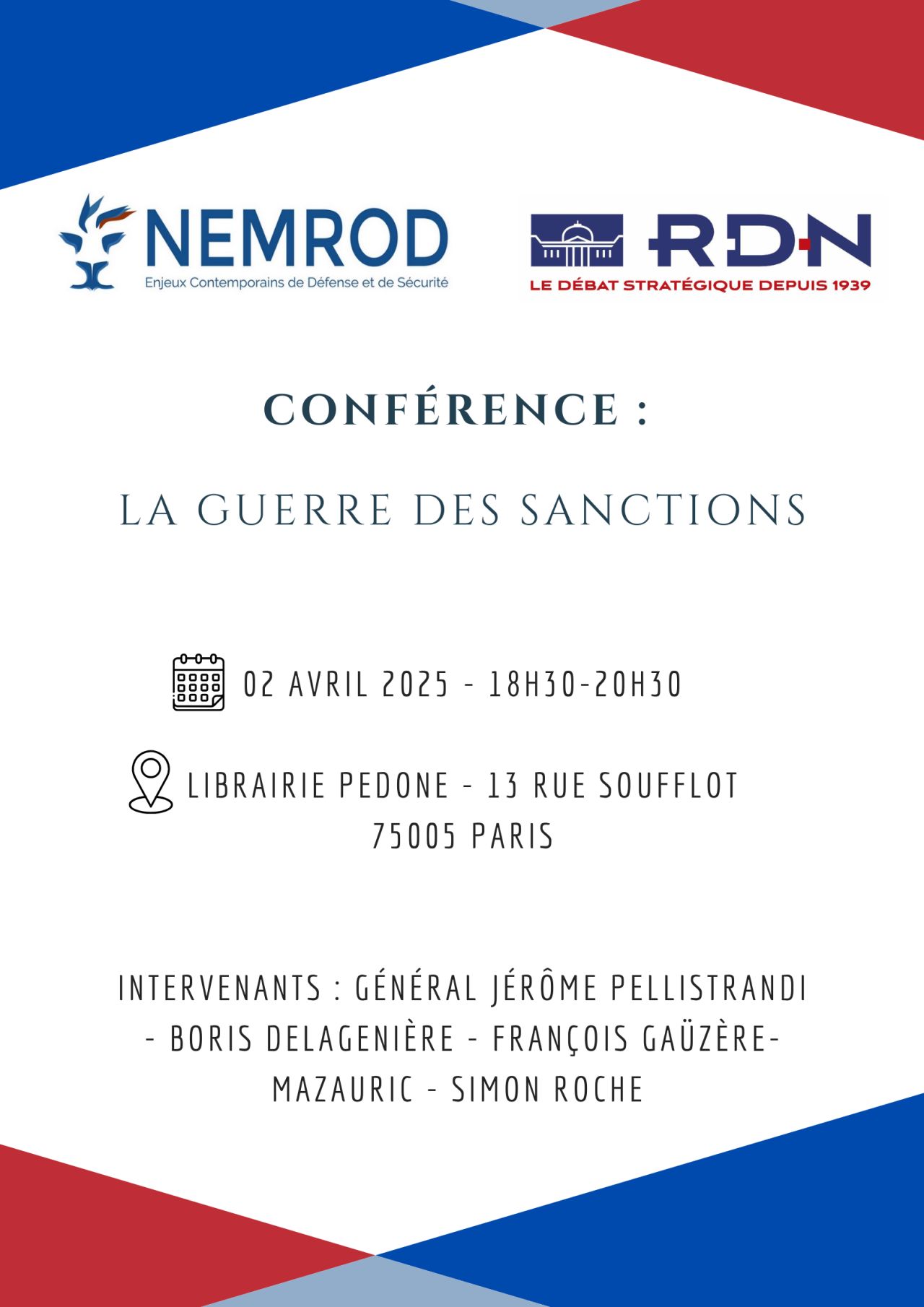Editorial
A large section of the French edition of RDN this month is devoted to Asia, with several pieces on China, a country that currently receives a lot of coverage in publications in the West, and to which we shall be returning in more detail in our summer issue next year. For our English edition the choice of the essay by Éric de La Maisonneuve was an easy one. Views on the Middle Kingdom can be alarmist, even irrational: in this piece, although he rings some alarm bells the author treats his subject with measured objectivity. China exhibits all the classic trappings of power and yet it is atypical, both a power and a ‘non-power’. Three hypotheses are looked at in detail: domination and conflict, implosion under the weight of several considerable weaknesses and a third way—China as a peaceful superpower. For the latter, time and the cooperation of the Euro-American powers are called for.
France’s 2008 White Paper on defence and national security clearly states that the country needs unmanned aerial vehicles, or drones, not only for surveillance and intelligence purposes but also for long-range precision strikes. The use of armed UAVs is becoming widespread; there is no doubt that they have helped reduce ‘collateral damage’, whereas the United States systematically employs them for ‘targeted killings’, a practice that France refuses to adopt. In their article, Grégory Boutherin and Emmanuel Goffi discuss the associated legal and moral issues.
Our third article, which first appeared earlier this year in a Swedish publication, is a generously documented examination of developments in strategic theory, and the consequences for a small state today. Lars Wedin’s starting point is not unnaturally Clausewitz, to whom he returns throughout the essay, but his treatment covers all the main writers on strategy since, with particular reference to the French school of the twentieth century and up to the present time, of which the author has an intimate knowledge. While pointing out, with historical examples, elements of continuity in the principles of war, he refers to new features. These include war as a way of life and the quest for economic gain, and the effect of modern factors like technology and communications, and therefore the possible political consequences of events at the tactical level. His conclusion asks what this all implies for states in the Baltic region: in his view isolation is not an option. Without citing him, he aligns himself with John Donne: ‘No man is an Island . . .’






